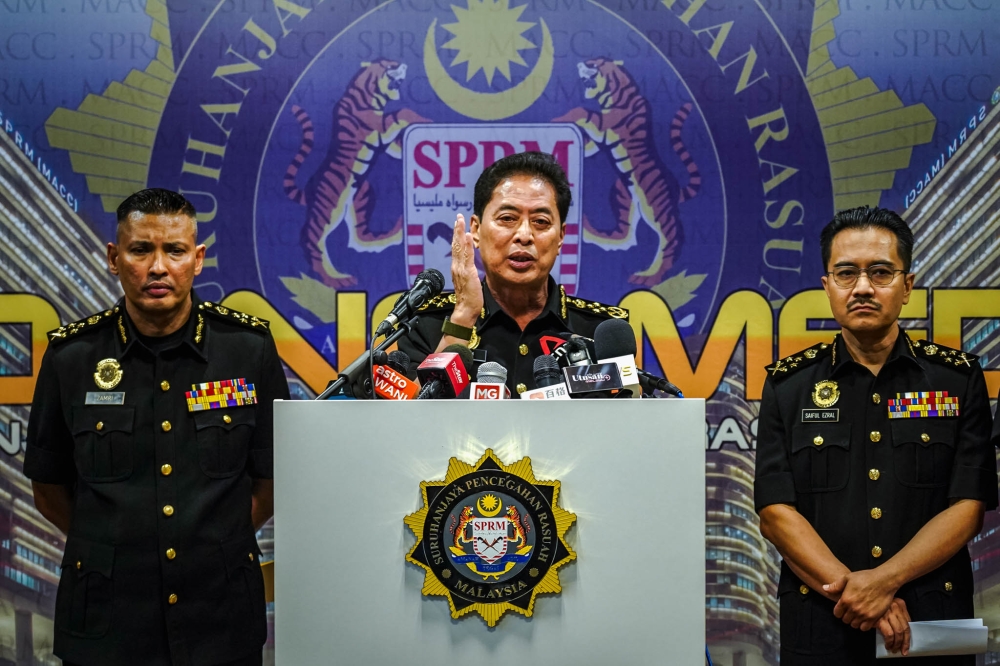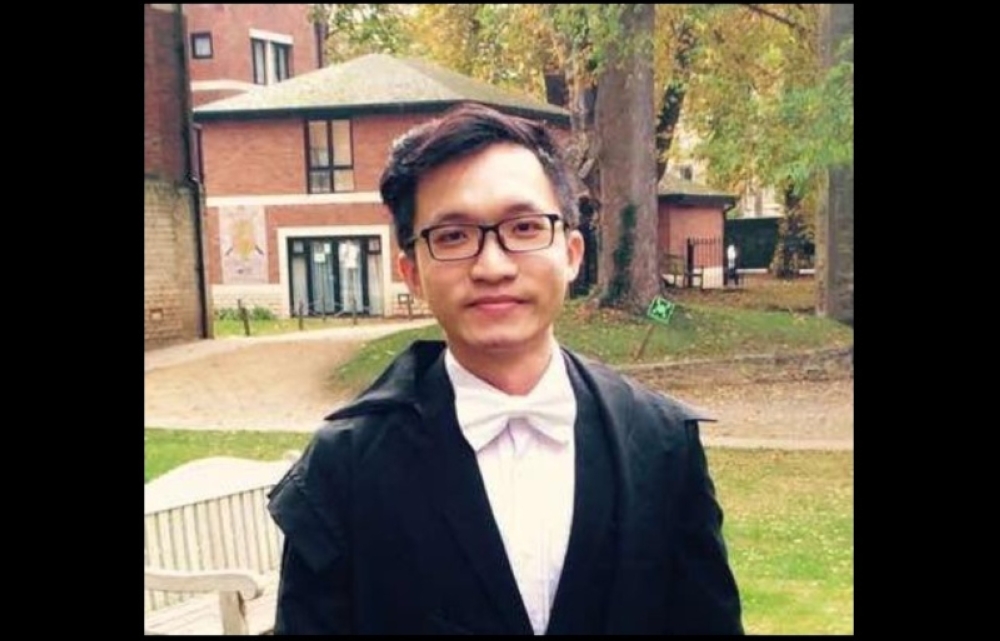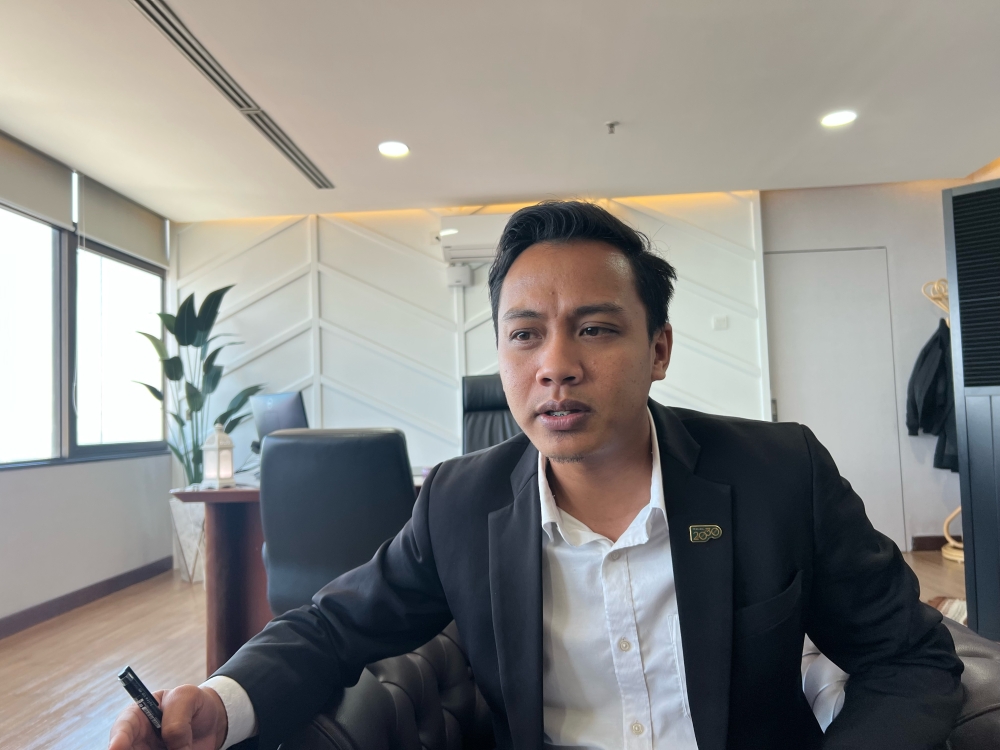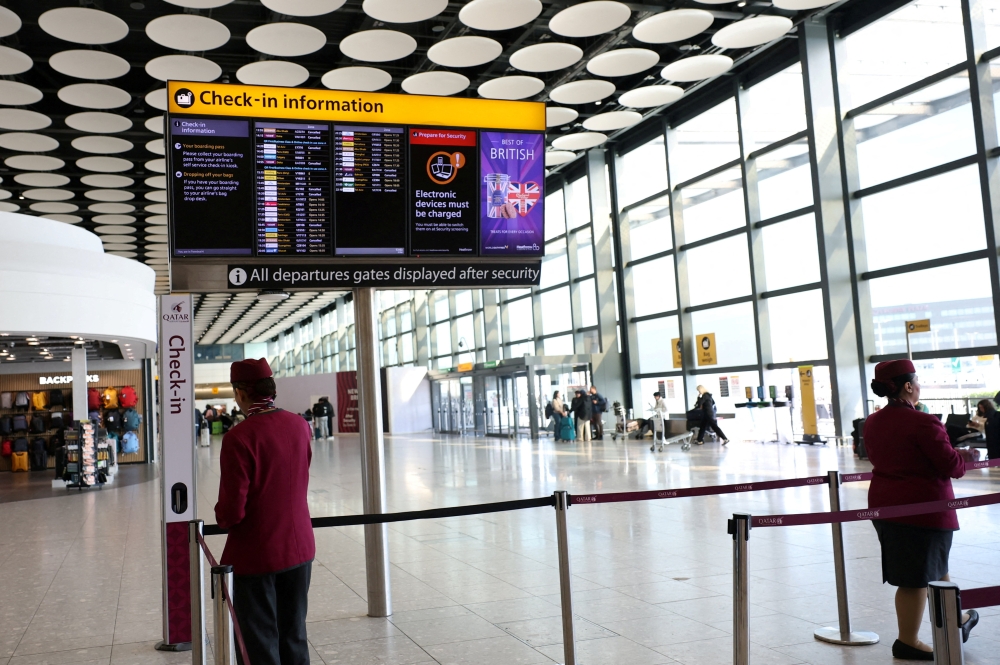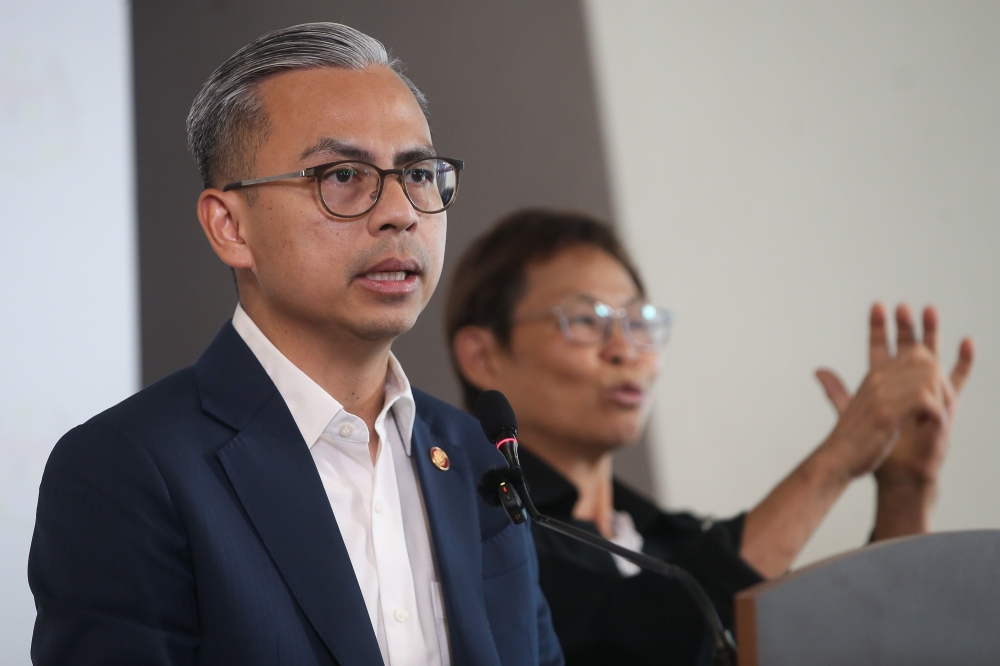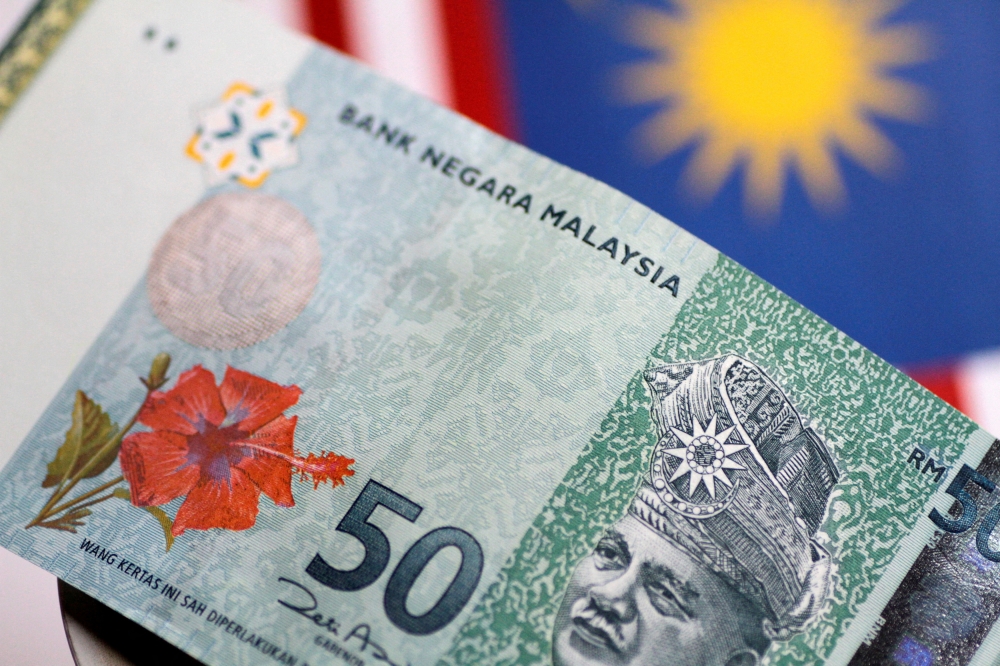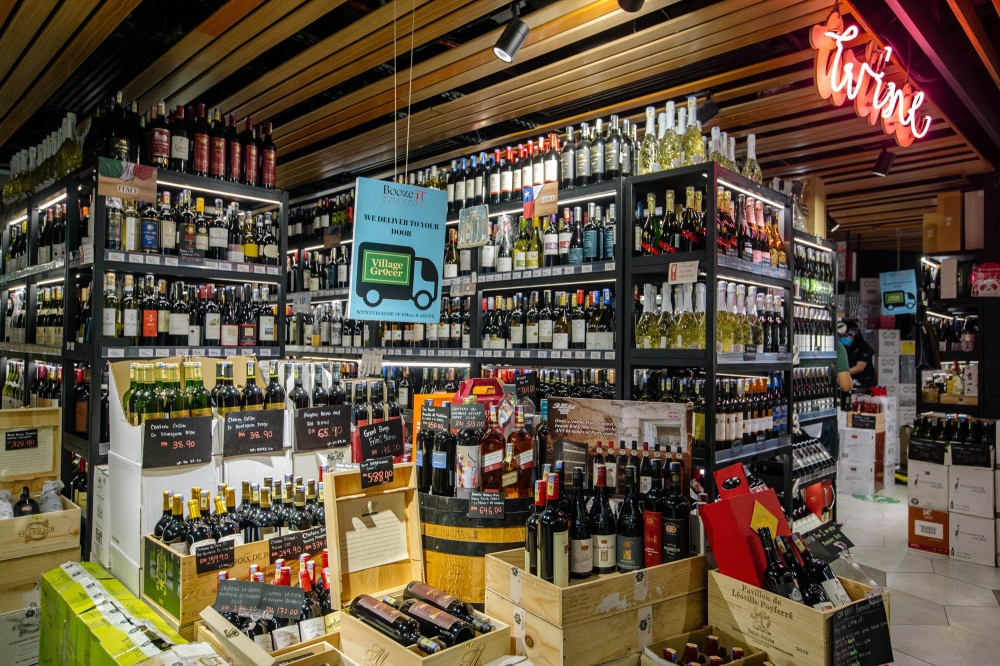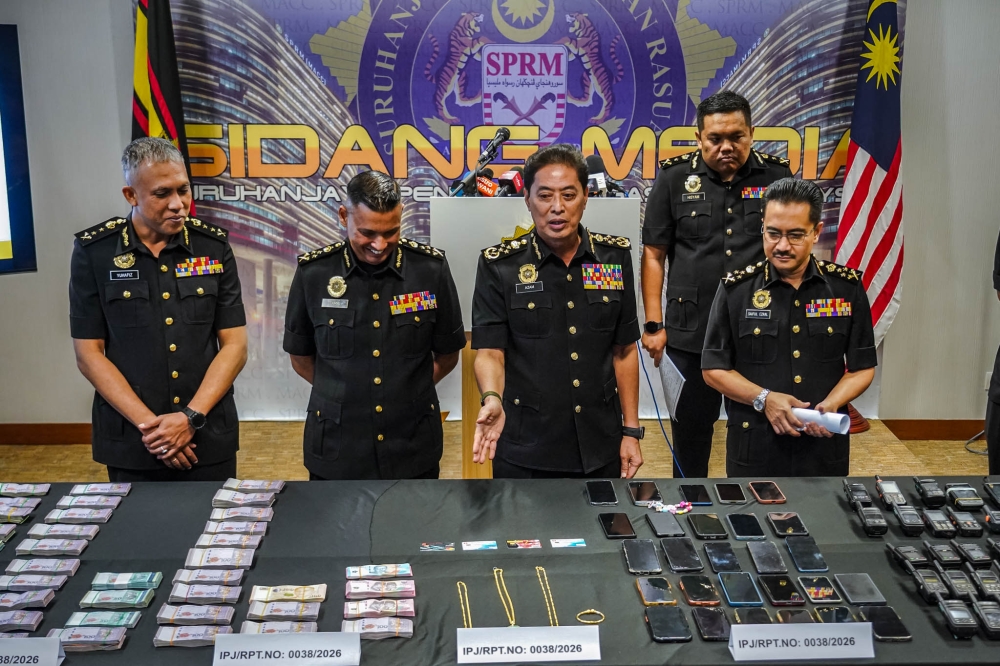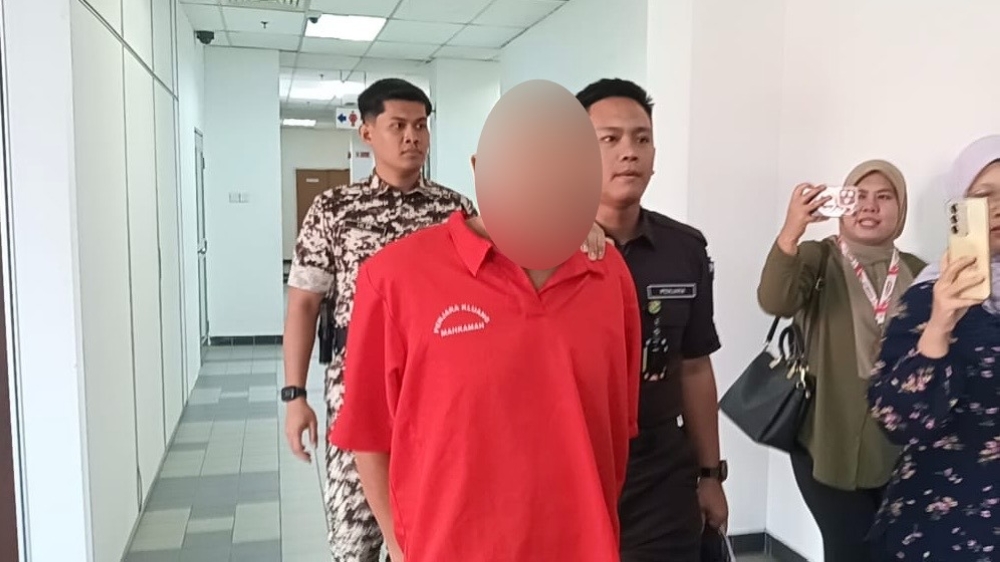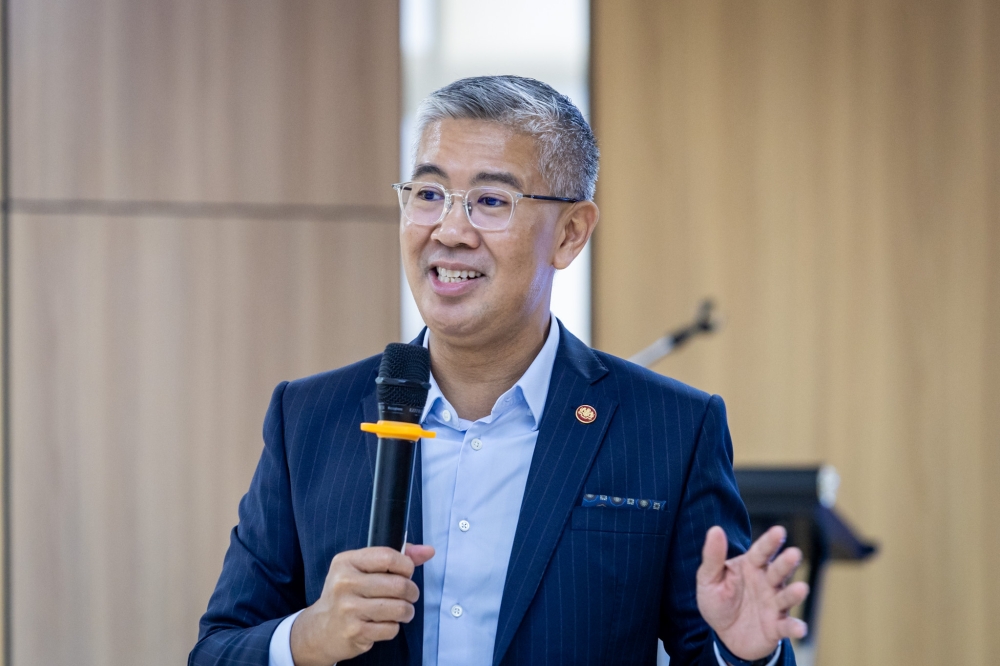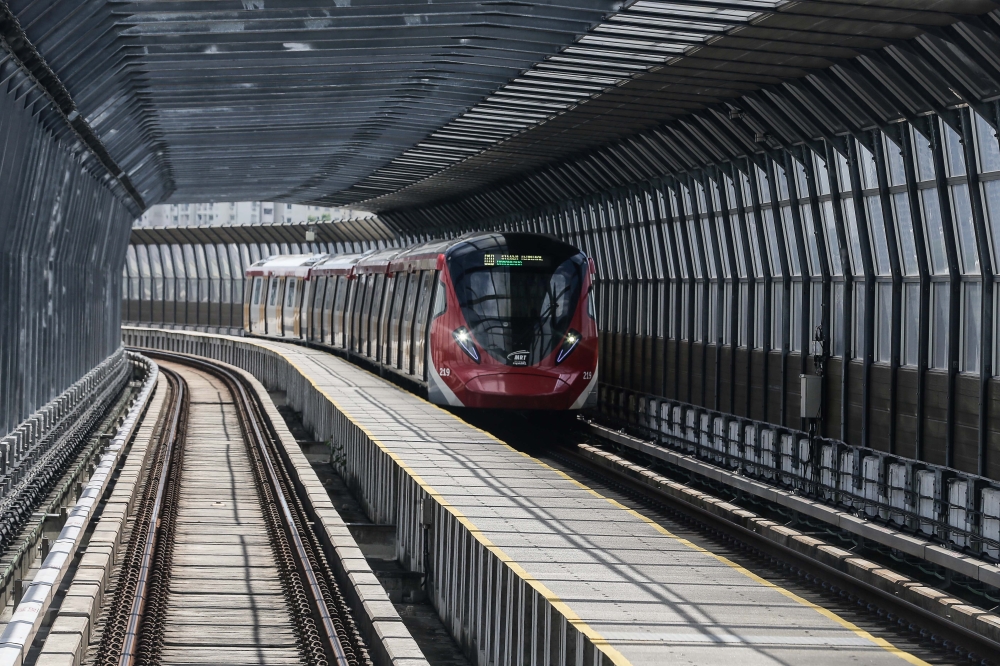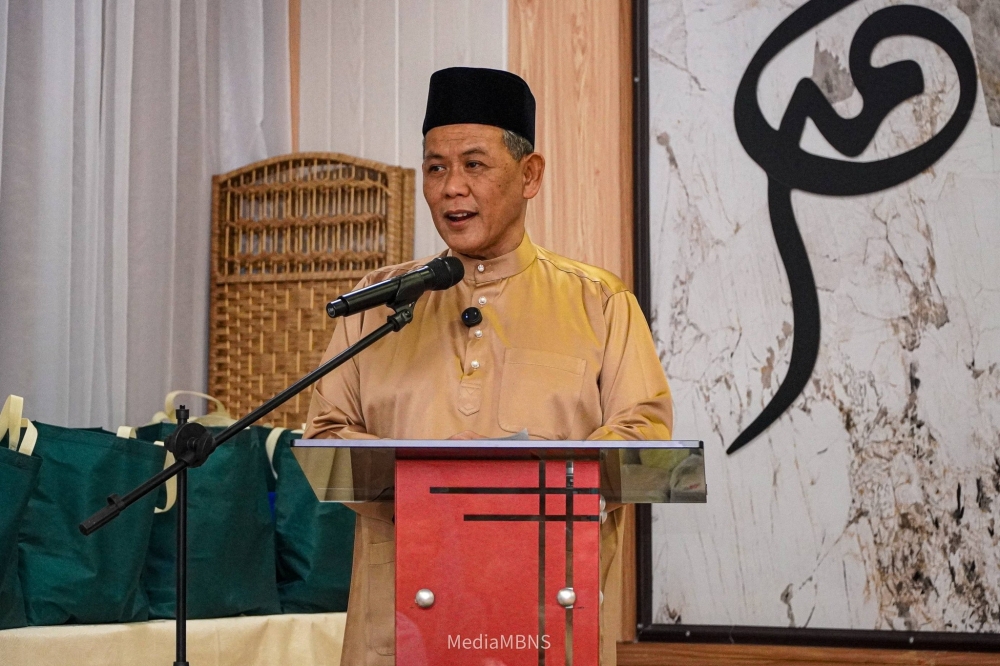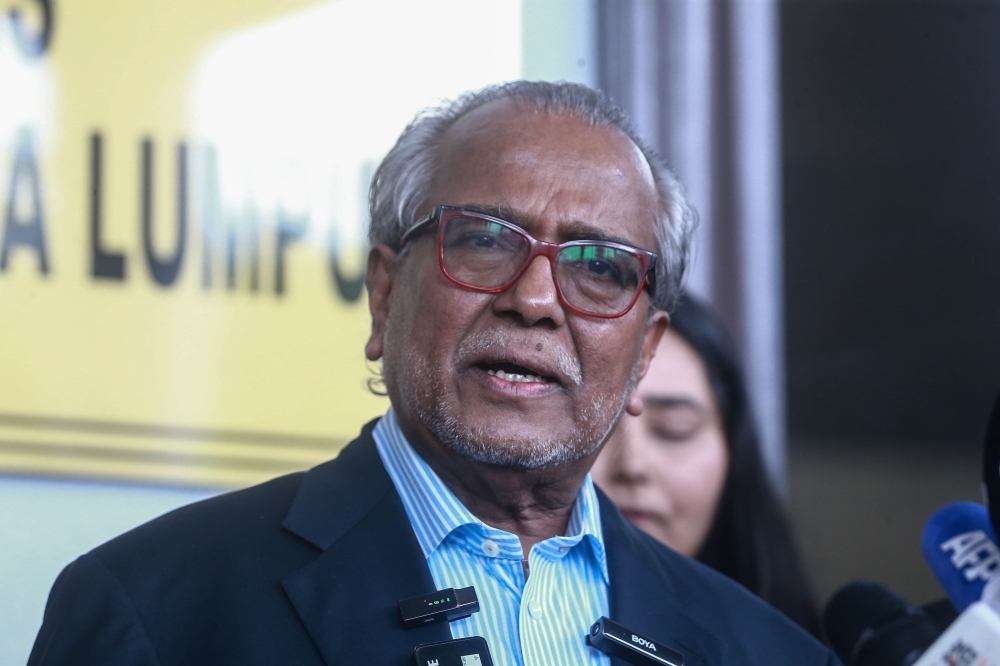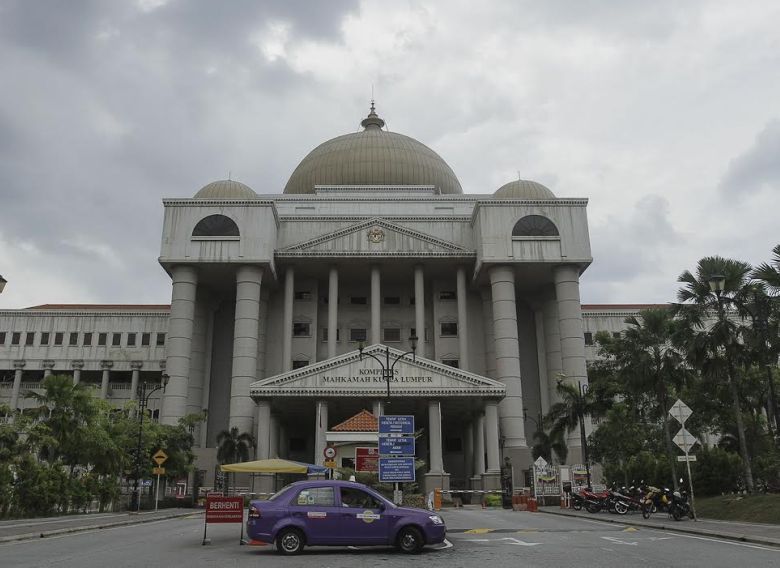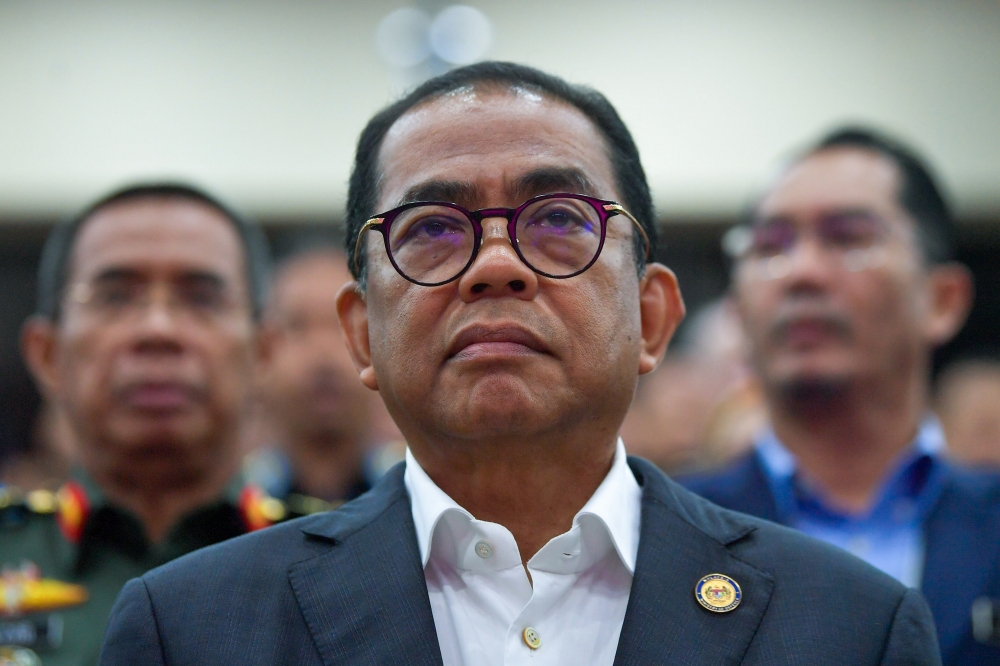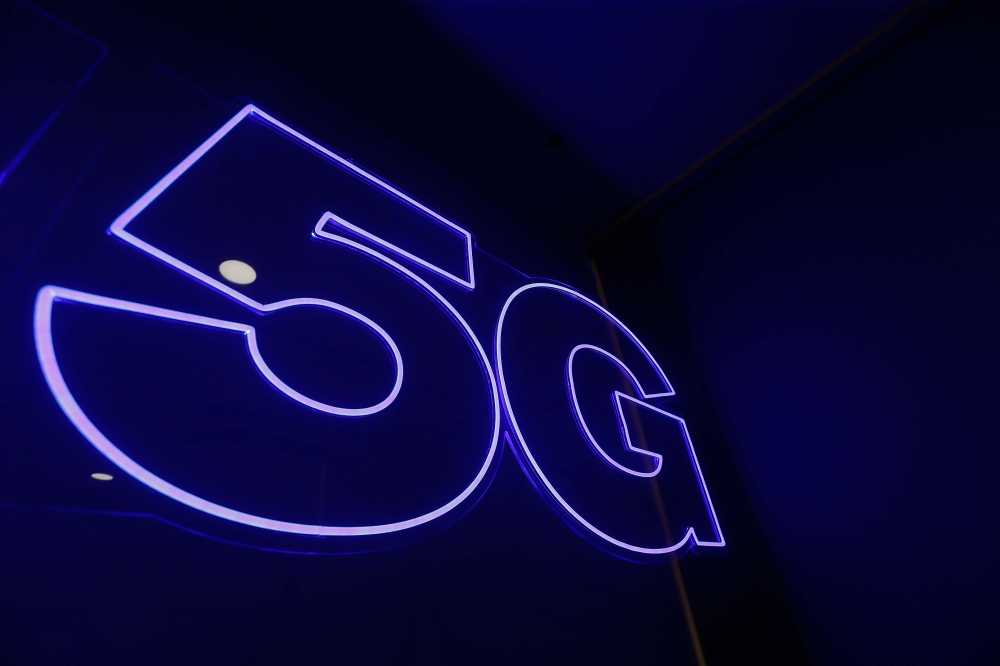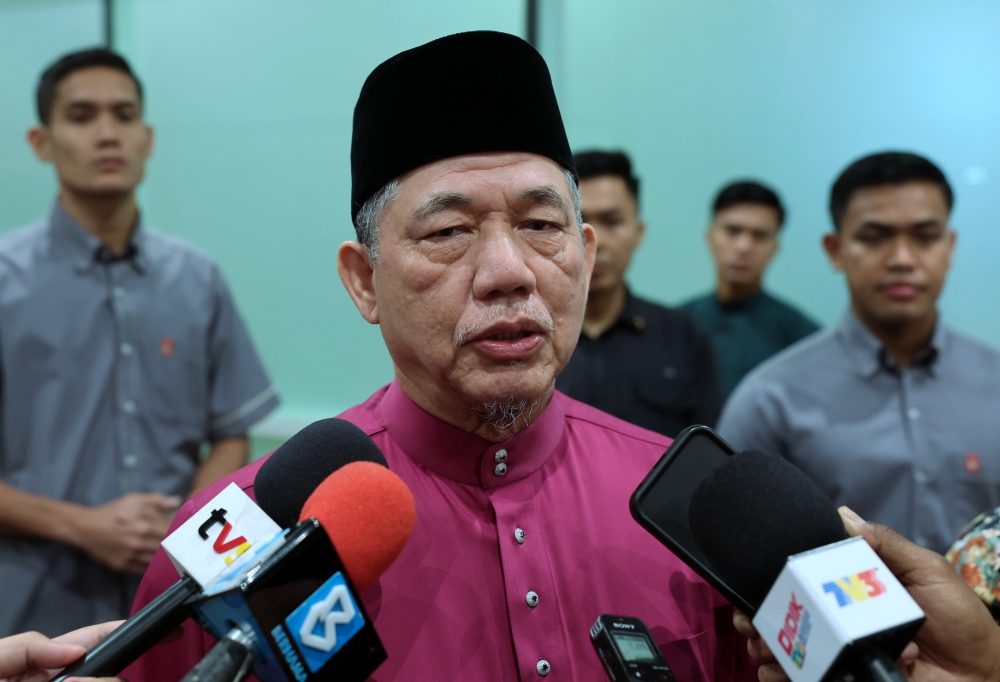KUALA LUMPUR, Aug 20 — A Penang official told the Sessions Court today that representatives from Chinese developer Beijing Urban Construction Group (BUCG) should not have been included in the Penang government’s meetings for the proposed undersea tunnel project back in 2011.
Muhamad Azrai Mohamad Zaini, the prosecution’s fourth witness to testify in the corruption trial of former Penang chief minister Lim Guan Eng, said he thought it would have been a conflict of interest for representatives of the Chinese company to have been present during these meetings when they would eventually bid for the open tender.
Azrai was at time the assistant director of infrastructure in the Penang State Economic Planning Unit. He is currently private secretary to current Penang Chief Minister Chow Kon Yeow.
Azrai, who took to the witness stand this morning, was asked by Deputy Public Prosecutor Wan Shaharudin Wan Ladin questions surrounding the Penang government’s engagement of BUCG to produce the draft designs for the undersea tunnel from the onset in 2011.
Wan Shaharudin: The project was awarded to BUCG, so to you was there any conflict of interest, or was it reasonable that BUCG was invited to attend the meetings as you have said?
Azrai: To me, there would have been a conflict of interest when a company who is involved in the preparation of the Request for Proposal (RFP) documents, then also joins in the RFP as a bidder.
Wan Shaharudin: Is it reasonable or not BUCG was involved from the onset?
Azrai: It is not reasonable if BUCG also joined the RFP.
Wan Shaharudin: Can you confirm that input given from BUCG was included in the final RFP?
Azrai: Correct.
Wan Shaharudin: What is the form of advantage BUCG has, compared to other companies who also handed in their bids?
Azrai: The advantage is that BUCG would have known earlier about the scope of the project that will be contracted, the terms and conditions applicable to bidders, but much earlier.
Wan Shaharudin: The RFP was issued in July 2012, and the last meeting they had (with the state government) was on July 11, 2011. How much earlier were they involved?
Azrai: About a year.
BUCG is one half of the Consortium Zenith BUCG joint venture that was subsequently awarded the RM6.341 billion project to build three roads and the undersea tunnel in Penang.
Lim has been accused of seeking and accepting bribes from Consortium Zenith BUCG’s managing director Datuk Zarul Ahmad Mohd Zulkifli.
Azrai affirmed in court today that Zarul had sat in on at least three Penang government meetings discussing the mega project in 2011.
However, Azrai appeared to also suggest that it was actually acceptable for BUCG representatives to be present in those government meetings when he was cross-examined by defence counsel Gobind Singh Deo.
He agreed with Gobind that BUCG was engaged to work on a part of a Memorandum of Understanding (MoU) that was signed between the Malaysian and Chinese governments back in 2011.
The fourth prosecution witness also agreed that drafts and suggestions obtained from the Chinese developers were part of conditions within the MoU being honoured.
Gobind: You agree there is no issue with the presence of representatives from BUCG during these meetings?
Azrai: Yes
Gobind: You agree with me that all those present during the meetings were officers, like yourself, who are aware of the concept of good governance?
Azrai: Yes
Gobind: And to you, there is no problem with the attendance of (BUCG’s) Datuk Zarul and Lee Chee Hoe during those meetings?
Azrai: Correct.
When pressed further, Azrai then appeared to contradict himself when he asserted BUCG did enjoy a competitive advantage over other bidders by being involved earlier.
However, Azrai also agreed with Gobind that BUCG would not have had any advantage given the period of approximately one year between their last meeting with the Penang state government and when the project was officially offered through open tender.
Gobind: In this situation, we have a company that makes suggestions but does not know what happens for the next one year, when the final draft was actually decided by the Penang State Government.
Azrai: Yes
Gobind: In that situation, you cannot say they had an advantage; they suggested some things but whether it will be included in the RFP one year later, they don’t know, agree?
Azrai: They (BUCG) know what they suggested for the drafts and what they suggested was in the final RFP. So the company does have an advantage.
Gobind: Yes, they know what they suggested, but the question of whether or not it will be brought as the final version they would not know, agree
Azrai: But what they suggested was in the final version
Gobind: What I am asking is, would you agree with me, that there is no advantage as they, the company, do not know what will be in the final product one year later?
Azrai: Yes, agree.
In this trial, Lim faces four charges, one under Section 16(a)(A) of the Malaysian Anti-Corruption Commission Act for having allegedly solicited kickbacks of 10 per cent of future profits from Zarul as a reward to help the latter’s company secure the project in March 2011, as the then CM.
He is also facing a charge under Section 23(1) of the same Act for allegedly receiving RM3.3 million in kickbacks from Zarul between January 2011 and October 2017 for allegedly helping the latter’s company secure the mega project.
The trial before judge Azura Alwi continues on September 10.

